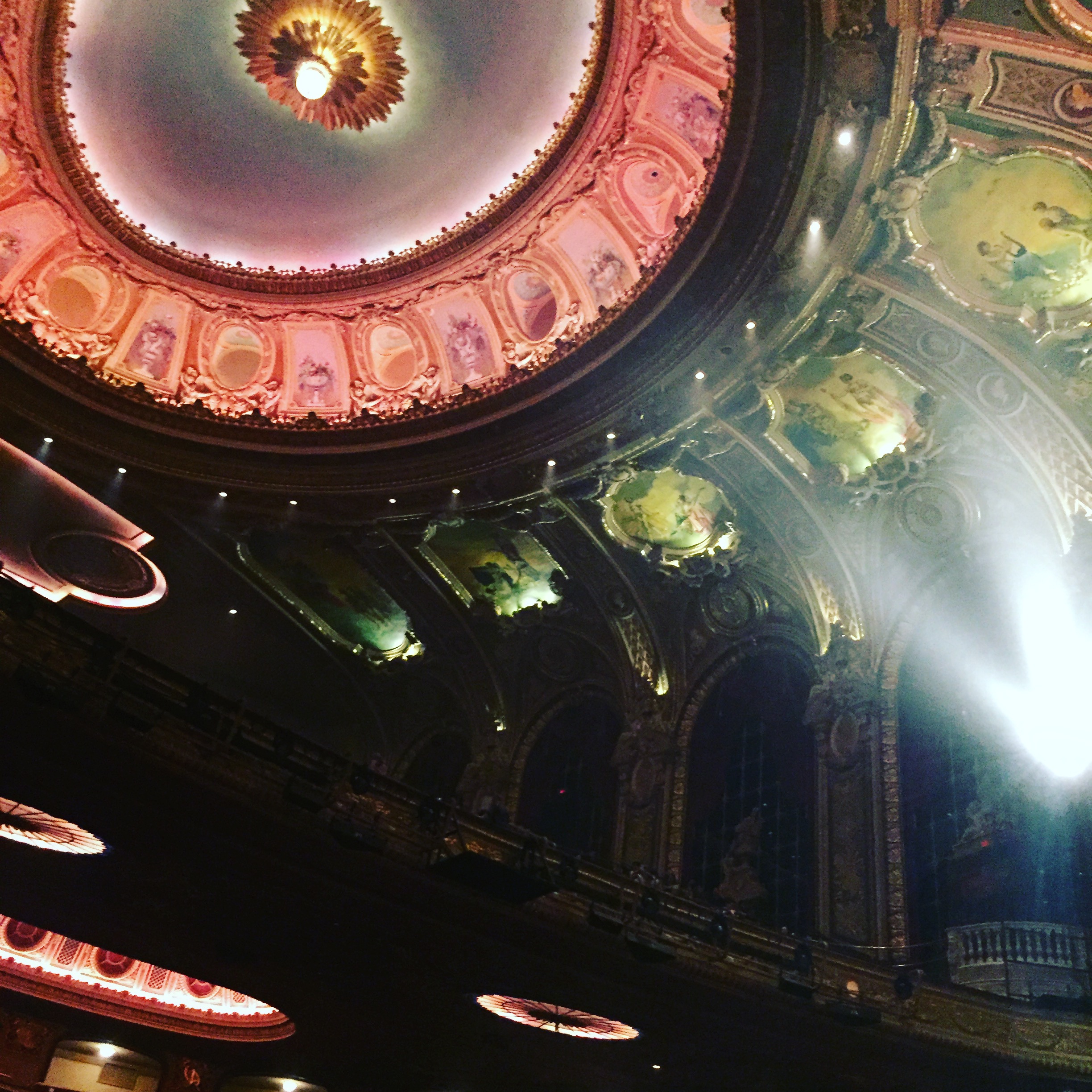
The eight studio begins a series that focuses on different media-based images of psychotherapy. This studio addresses the assumption that psychotherapy is somehow a “miracle” cure and that those providing these services can be labeled “Dr. Wonderful” (rather than “Dr. Evil” or “Dr. Dippy” which are the other two assumptions we will be exploring in the ninth and tenth studios to be scheduled for later in 2021 and early 2022). We asked participants to watch the legendary movie, “Spellbound” (starring Gregory Peck and Ingrid Bergman) prior to November 13. This is an archetypal portrayal of Dr. Wonderful. Here is a video recording of the last 15 minutes of this studio, when participants reflected on the use of this movie and exploration of “Dr. Wonderful” in a therapeutic setting.
Following are some notes regarding the movie that were provided ahead of time:
Theme: Cinematic Images of Caring and Curing without Boundaries
- Open the locked doors—then the illness and confusion disappear
- The old must make way for the new: analysis was the “new” when this movie was produced“Dr. Edwards has a keen unorthodox mind” (do we later find that this is “murderous” envy?)
- The image as a trigger for trauma
- Interpretation is a course of healing
- Poetry vs. science: competing notions about the nature of live (the main romantic theme plays behind this scene—placing its bet on poetry)
- Men/analysts are being abusive to Ingrid—she tries to fight back (male jealousy) (is this perhaps an accurate portrayal of sexism among analysts at this point in time?)
- Boundaries are being violated among the staff
- Love strikes!! Opening of doors
- The crazy doctor (the false Dr. Edwards): are all “shrinks” dealing with their own “craziness” (Dr. Evil or Dr. Dippy) – or are all “shrinks” actually imposters (like the false Dr. Edwards at this point in the movie)
- We must put horrible things behind the door
- V. (John Valentine) established the boundaries between himself and Ingrid
- Ingrid is without boundaries. She is in “love” [women lose their mind when in love: sexism is alive and well in this movie)
- Ingrid is being “hit on” by several different men in the hotel lobby (there are projections onto her by the men—she uses this to gain information about J.V.)
- Ingrid: “I’m going to take care of you and cure you!”: love and therapy (“this has nothing to do with love .
- Ingrid pretending to be a scientist with Gregory. Gregory tries to be “logical” – pull between emotions and reason
- Traditional model of trauma: trauma and stress are manifest in specific physical ailments (e.g. anger creates heat/burning skin; anxiety produces an upset stomach/ulcers)
- “I keep forgetting that I am a patient . . . Will you love me when I am normal?” “Doctor, you are irritating me” (Gregory wants to share love, not insightful cure)
- War-time trauma (“I hated killing”)
- Psychoanalysis as a murder mystery: Who done it? (Alfred Hitchcock)
- The very wise analyst (Ingrid’s mentor). He is a sexist—but is he also Dr. Wonderful? (father figure: transference)
- “You know his mind, but not his heart.” Ingrid: “I couldn’t fall in love with a man who is bad.”
- “He thinks if he remembers [the trauma] then he will become sick/ However, he makes himself sicker when he tries to forget.”
- “You are an analyst, not his mother [or lover]” (mother/lover: transference)
- “You believe in me enough that you are willing to take a chance!!” (is this a therapeutic moment?}
- The older psychoanalyst (Ingrid’s mentor) serves an important ego function: realistic but adaptive, confrontative yet caring
- Dealing with trauma by re-enacting the event (skiing on the ski sloop)—but with the support (the therapist/Ingrid) and a different outcome (completing the act to avoid negative outcome: not falling off the slope). Empowerment rather than helplessness and repeated failure to complete the act of avoiding harm
- Remember the early traumatic event by linking to more recent trauma: schemata that cluster and emotionally link events—so that when you bring up one event, other events are recalled
- Great analysts are great detectives
- Move makers love dreams
- Movie makers love mysteries








